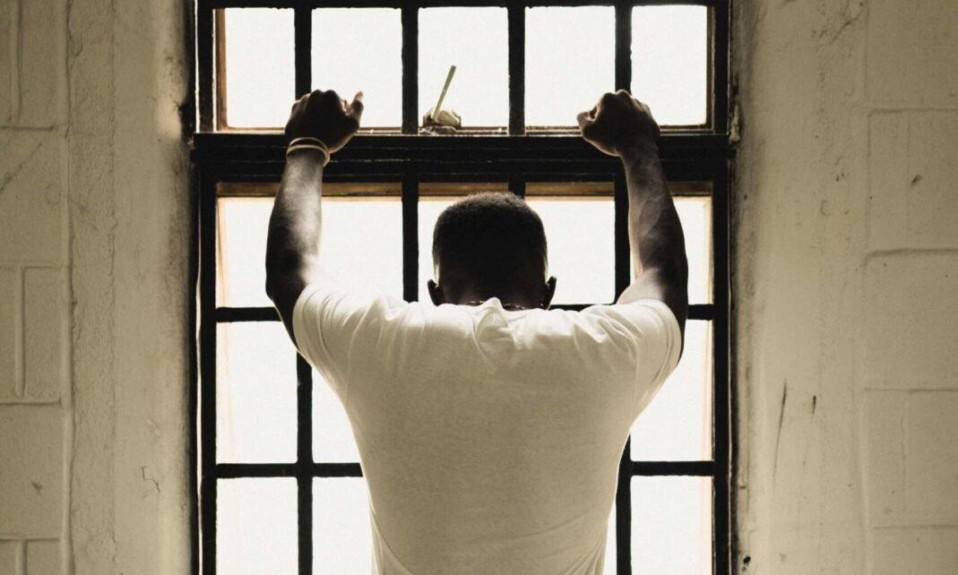Measure 110 would remove or reduce drug penalties and help fund services for people with addiction
By Jason Langendorf
November 2, 2020Tomorrow, the final votes come in on a ballot measure that, if successful, would bolster funding of addiction treatment services in Oregon and make it the first state in the U.S. to decriminalize drug use.
The Drug Decriminalization and Addiction Treatment Initiative, also known as Measure 110, proposes the reclassification of personal non-commercial possession of a controlled substance. If the measure passes, current Class A misdemeanor personal-use possession (maximum penalty: one year in prison and a fine up to $6,250) would be reduced to a Class E violation (maximum penalty: $100 fine). Under Measure 110, Oregonians would no longer be subject to the penalty of incarceration for possessing small amounts of Schedule I-IV drugs, including heroin, cocaine and methamphetamine.
“Oregon is struggling with an overdose crisis, and there are a lot of people that cannot access treatment and end up dying, and we need to change that,” says Matt Sutton, director of media relations for the Drug Policy Alliance. “We need to be able to offer people access to treatment. Criminalization is not the answer here. We’re starting to see a much more compassionate view.”
The Drug Policy Alliance, a New York-based non-profit that promotes policy reform, has been the largest financial contributor ($4.5 million) to Yes on 110, the ballot measure committee leading the initiative.
As Theshia Naidoo, managing director of criminal justice law and policy at Drug Policy Action, told TalkingDrugs: “Instead of arresting and jailing people for using drugs, the measure would fund a range of services to help people get their lives back on track.”
Care, Not Criminalization
According to Yes to 110, nearly 9,000 Oregonians are arrested for simple drug possession annually. Sutton notes that Measure 110 will not only help fund programs for people with addiction but also allow them to better access that care while deemphasizing a culture of criminalizing all drug use.
“There’s this misconception that anybody who has ever used drugs has an addiction, which isn’t true,” he says. “There are a lot of people who get caught with drugs who do not actually have a drug problem, and what ends up happening is those people are sucking up the resources that could be used for people that actually do need that.”
“Oregon is struggling with an overdose crisis, and there are a lot of people that cannot access treatment and end up dying, and we need to change that.”—Matt Sutton, director of media relations, Drug Policy Alliance
Opponents of Measure 110, including Oregon Recovers and the Oregon Council on Behavioral Health, contend that the initiative does not designate, or even require, a minimum level of funding—and may even undermine other pending legislation in the state. The reallocation of revenue from the state marijuana tax would also reduce funding for existing programs and services (including some related to addiction and treatment).
But the Drug Policy Alliance and other reform advocates argue that current laws create a culture of criminalization and are inherently biased. Yes on 110 says it has received more than 125 endorsements from organizations in Oregon According to The Oregonian, Native Americans are five times more likely than white Oregonians to be convicted of felony drug possession, while black people are more than twice as likely to be convicted, despite no disparity in use.
“The Oregon measure would provide access to culturally responsive treatment, because right now we have such a limited view of treatment,” says Sutton. “It’s supposed to be this one-size-fits all, abstinence-based [solution]. That just doesn’t work for everyone. We do need evidence-based treatment that is culturally responsive.”
Photo: Karsten Winegeart













